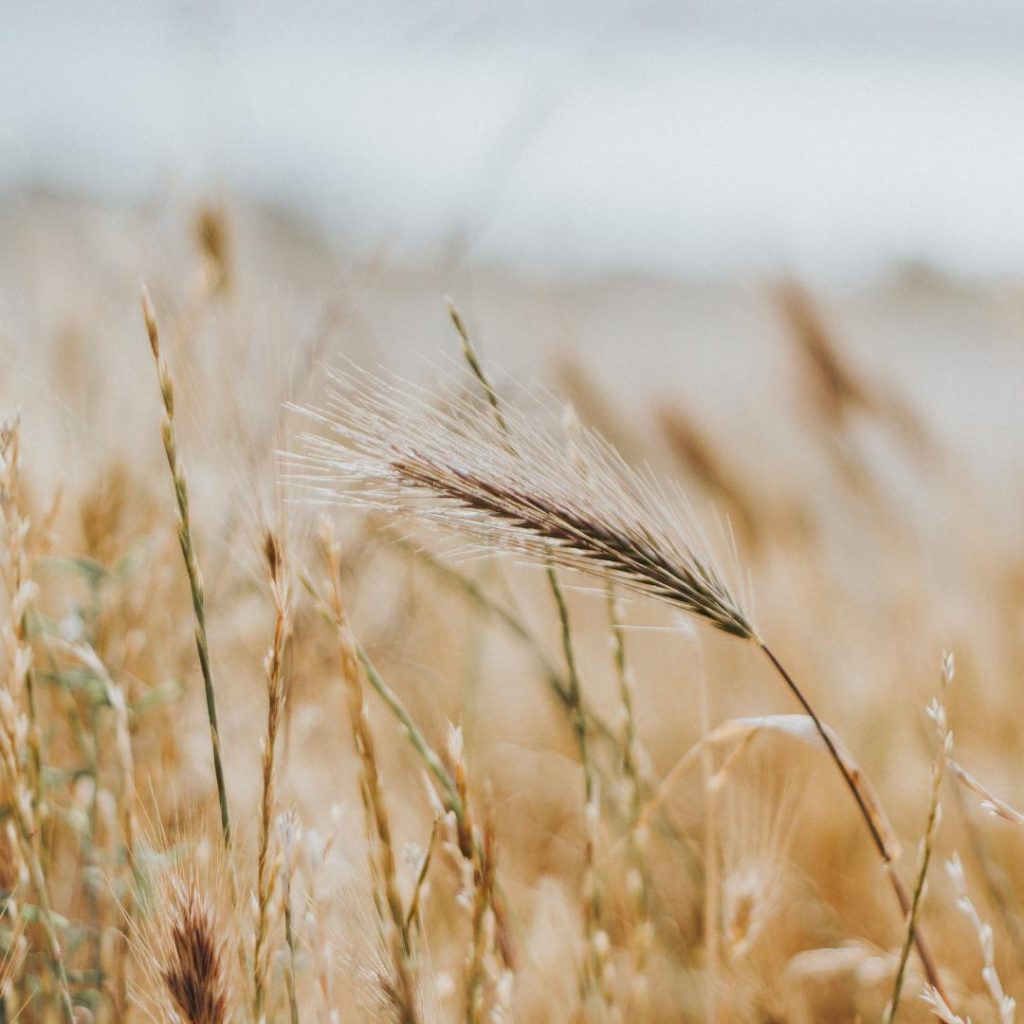The new EU seed legislation prevents the preservation of old, adaptable varieties

In view of the climate crisis, the cultivation of traditional and adaptable varieties in different locations is essential for the future of food",said Prieler before the hearing.
To illustrate the serious consequences of the proposed legislation, representatives of European seed initiatives presented MEPs with local bean varieties before the hearing: "Kaiser Friedrich", "Bunte Speckbohne Ljubljana" and many others, accompanied by the warning: "According to the proposed regulation, these seeds may not be sold to farmers".
Expert Prieler warns: "
It's absurd! Under the proposed rules, seed organizations such as ARCHE NOAH, but also public gene banks, would no longer be able to pass on traditional varieties from their collections to farmers for conservation in their fields. Especially in times of climate crisis, we urgently need more diversity and more decentralized seed production.
The Dorfmann report contains 59 amendments to the EU Commission's proposal of July 2023, focusing primarily on technical clarifications, including improved definitions of terms. However, Dorfmann also proposes facilitating the use of plant toxin-tolerant varieties and significantly restricting the definition of "ecologically heterogeneous material". This innovative market access regime was only introduced in 2022 to finally make the sale of diverse varieties legally possible. The Dorfmann report also ignores the farmers' right to seeds, as enshrined in the 2018 United Nations Declaration on the Rights of Peasants and Other People Working in Rural Areas (UNDROP), criticizes ARCHE NOAH.
Committee members have until December 4, 2023 to submit their own amendments. ARCHE NOAH is calling for the transfer of plant propagating material for the purpose of the conservation and sustainable use of plant genetic resources and agro-biodiversity to be excluded from the new EU seed legislation. On 15 November 2023, several organizations of the seed movement jointly launched the EU-wide petition "Raise your forks for diversity!". Over 27,000 people have already supported the demands with their signatures.






